Thimmaiah Napanda, Vice President – India & Australia, Meritor Inc. and Managing Director & CEO – Meritor India converses with N. Balasubramanian to reveal the robust plans and strategies of Meritor India to bounce back into business in preparation of post-COVID times. He shares how the company has been fighting and coming up aces during the pandemic both in India and globally, besides proving to be a guiding force behind the industry in overcoming the unique challenges posed by the virus.
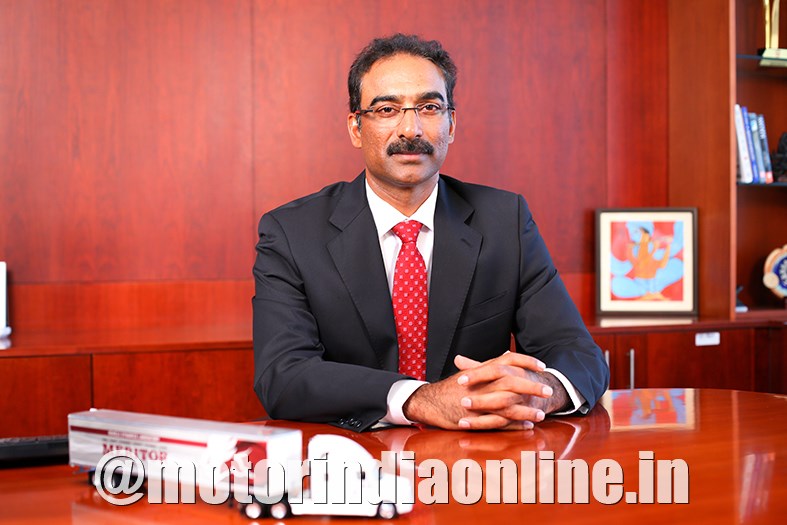
How has Meritor India ensured its employees’ health and safety in the COVID-19 times?
During COVID-19 pandemic, our primary focus at Meritor India was to keep our employees safe and healthy. We have modified our facilities in alignment with that objective. Fortunately, we did not have even a single victim of the virus in our midst. Between us and our joint venture, Automotive Axles Ltd., we have around 6 manufacturing sites and distribution centres spread across India. Initially we had our employees stay at home and take care of themselves and their families. Then, when we re-started the business, we impressed upon them on taking utmost safety measures at work. We initiated a process called the Safe Start, under which we gathered all the guidelines issued by the central government, and those being followed by various industries. We combined them with the SOPs developed by Meritor globally and prepared a checklist on how to restart work safely in all our facilities. Even today, I personally monitor the preparedness, the adherence and compliance of these guidelines.
We are ensuring that our mission is in alignment with the government’s vision and we at Meritor are focused on becoming agile in everything that we do. We will support the OEMs and ensure that the products get delivered to them.
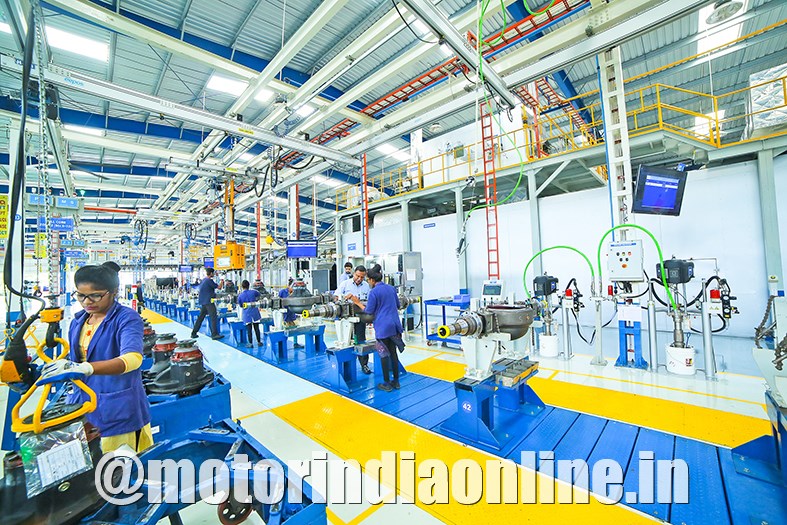
What do you think the stakeholders in the Indian CV industry can do to handle the crisis most efficiently?
Generating demand, in my opinion, is crucial at this point in time, instead of waiting for the pull to get triggered. I think most OEMs have been waiting for orders to start production. My view is a bit contradictory. I would say that the OEMs should start pushing sales further. Unless maximum truck fleets start being utilized, why would anyone buy new vehicles? At Meritor, we have discussed in minute detail with our leadership team to follow 4 defined steps which we are incorporating into our existing strategy.
First would be revenue recovery. How do we trigger a start-up mindset in our organization and how to make our team more agile? For this, we need to figure out a modified business model and adopt. And also, we need to think about new business models. What will be the new method of customer engagement? We are eager to figure out how we can utilize this pandemic as an opportunity and talk to the OEMs to find out about the kind of import substitution that they are looking for. We realize that we need to analyze the customer value in the post-COVID times.
Second would be to rebuild operations. We need to operate in a completely different way from how it was pre-COVID. In this regard, we are looking to reset our cost base and reduce the breakeven point. We aim to be low cost and highly flexible. We need to be more agile in responding to our customer needs in terms of specific product range with different specifications besides triggering a supply chain reorientation.
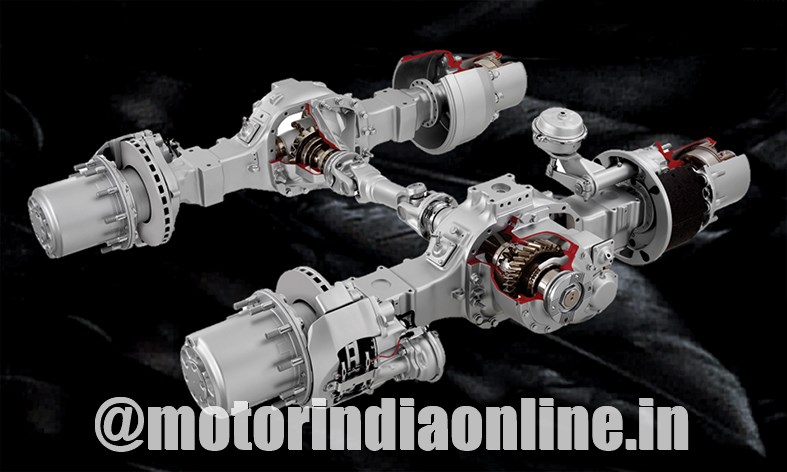
Third point would be to accelerate digitization. Hastening Industry 4.0 by changing the way we work completely is crucial in current times. Our thought process is – can we apply IoT to a product to provide greater opportunity for people to manage functions remotely? We also are planning to digitize across all department functions and processes, including documentation management. This also has led us to think about how we can start using artificial intelligence in the automotive business because it is still not being applied on a greater scale.
Our advantage is that Meritor, for a few years now, has been working towards Industry 4.0. In fact, the new manufacturing line that we installed last year in Mysore is Industry 4.0 compliant. The documentation is digitized showing how to assemble rather than needing one to look into a process sheet, for example.
The fourth point is to re-align the organization. For a faster decision-making process, we need to be more efficient and more productive, even if some of us are still working from home – which heralds new ways of working in current times. At Meritor, we have adapted to work from home policy well, so much so that our productivity actually went up in the initial few weeks of business starting as compared to working from office in the traditional sense.
Revenue recovery, rebuilding operations, accelerating digitization and re-aligning organization are the four new methods we are adopting and integrating into our strategy to keep ahead of the curve and serve the market and customers well.
Now, we are 5 months into the pandemic and OEMs have begun working, slowly upping their production. Sales is also gradually climbing up. It is indeed a slow start and this financial quarter is probably a washout. Yet, soon enough, the market is showing signs of bouncing back.
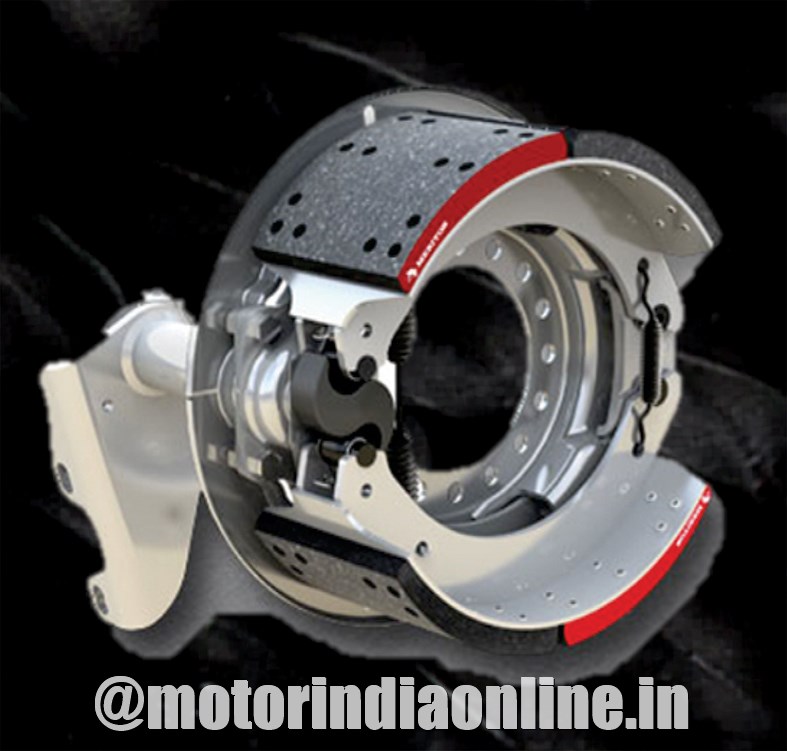
How do you think the government can help revive the industry sentiment and drive demand for new vehicles?
Last year, the automotive industry was down by almost 50%. And now the pandemic. People are also predicting that the GDP will go down. In my personal opinion, there are 3 steps that we can take to drive demand.
First, the vehicle scrappage policy should be rolled out soon. Though it may not directly impact generation of demand, it will still trigger buying sentiment in people.
Second step would be building infrastructure and offering advance payments to the contractors and encouraging them to buy construction equipment.
Thirdly, encouraging individual consumers, entrepreneurs and establishments to spend. During COVID times, people have become accustomed to buying for essential needs largely, ignoring the non-essential needs. Now, my question is – will there be a shift in the mindset of people in terms of overall purchasing, and will people go back to buying non-essential items as was the case during pre-COVID times. If it does revert, then I think our economy will revive faster.
Do you see supply chain shift from a market like China to India? Do you see India gaining any significant advantage as a result of COVID pandemic? And, what impact do you think the pandemic will have on exports market?
China as a country is garnering much scepticism around the world. Till recently, China was being considered as a global hub of resources and people were investing heavily there, and local consumption and investment was taking a back seat. Right now, India is emerging as one of the topmost countries to invest in. globally, India is being seen as a country with abundant raw material and resources, and that we have the people, the skill besides being a democratic country. So, all this combined has a natural pull towards us as an alternate base. Hence, we must do everything possible to ensure that we deliver as per the global cost and quality requirements. This is a great opportunity for us to attract most of the companies that are pulling out of China.
How do you see the current financial year panning out for the automotive industry and also for Meritor India?
By the end of March 2020, the commercial vehicle inventories had almost touched nil due to the transition to BS-VI norms. The pipeline inventory would also get filled up fast and added over time. I personally believe that compared to last year, there should not be a significant reduction but we must ensure that we are agile and flexible to adapt to any scenario that may unfold.
What kind of medium to long term impact of the pandemic do you foresee on the Indian automotive market and to Meritor India’s business plans?
Our own 3 to 5-year plan may get pushed by a year or two but the industry, as you know, goes cyclical and every time, it is a new peak that is touched. For example, in the M&HCV segment – especially in the 7.5 ton and above category – the last time the market touched its peak was pegged at 4,65,000 units. So, going by the last couple of 4 to 5-year cycles, the peak has come 5 years later. So, I am hopeful that we may peak in the next 4-5 years.
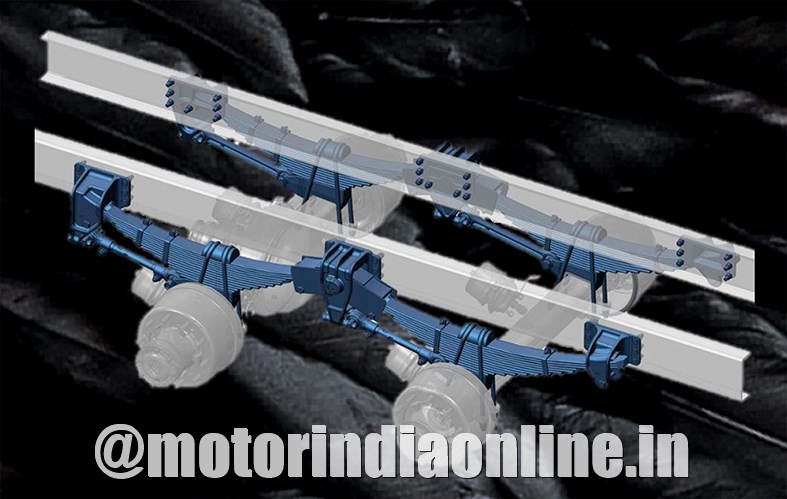
Could you also share some insights from how business is panning out in Meritor Australia?
As a country, Australia has managed the pandemic situation quite well. Though, they went into lockdown in a partial way right at the beginning, our 3 main customers in Australia – DAF Paccar, Volvo Mack and IVECO – had all begun full-fledged production from mid-April and mid-May itself. The numbers are still low but I think we will be back to the normal expected level in terms of production and scales there sooner than expected.
What is your message to the automotive industry? Let us be agile and flexible as an organization. Let us reduce our costs and get ready for future because the market is going to bounce back.